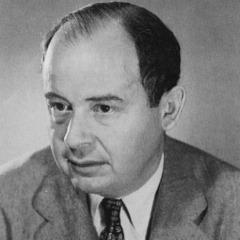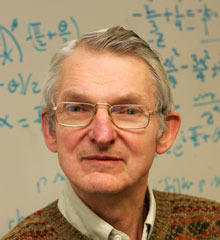Christiaan Huygens Quotes

I do not believe anything very certainly, but everything very probably.
"The Life Sciences in Eighteenth-Century French Thought". Book by Jacques Roger, letter to Pierre Perrault, 1997.
One may conceive light to spread successively, by spherical waves.
Christiaan Huygens (2015). “Treatise on Light”, p.33, Christiaan Huygens
"Cosmotheoros". Book by Christiaan Huygens, Book 1, p. 10; As quoted in the English translation "The Celestial Worlds Discover'd" (1722), 1698.
Christiaan Huygens (1722). “The Celestial Worlds Discover'd, Or, Conjectures Concerning the Inhabitants, Plants and Productions of the Worlds in the Planets”, p.142
"Cosmotheoros". Book by Christiaan Huygens, Book 2, pp. 150-151, as quoted in the English translation "The Celestial Worlds Discover'd" (1722), 1695.
Christiaan Huygens (1722). “The Celestial Worlds Discover'd, Or, Conjectures Concerning the Inhabitants, Plants and Productions of the Worlds in the Planets”, p.7
Christiaan Huygens (1722). “The Celestial Worlds Discover'd, Or, Conjectures Concerning the Inhabitants, Plants and Productions of the Worlds in the Planets”, p.151
Christiaan Huygens (1722). “The Celestial Worlds Discover'd, Or, Conjectures Concerning the Inhabitants, Plants and Productions of the Worlds in the Planets”, p.10
Christiaan Huygens (1722). “The Celestial Worlds Discover'd, Or, Conjectures Concerning the Inhabitants, Plants and Productions of the Worlds in the Planets”, p.13
Letter to Fatio de Duillier, quoted in "René Dugas, Mechanics in the seventeenth century" (1958), p. 440, July 11, 1687.
Christiaan Huygens (1722). “The Celestial Worlds Discover'd”, p.8
Christiaan Huygens (1722). “The Celestial Worlds Discover'd, Or, Conjectures Concerning the Inhabitants, Plants and Productions of the Worlds in the Planets”, p.18
Quoted in Popular Astronomy, Vol. 56 (1948), pp. 189 - 190, 1691.






